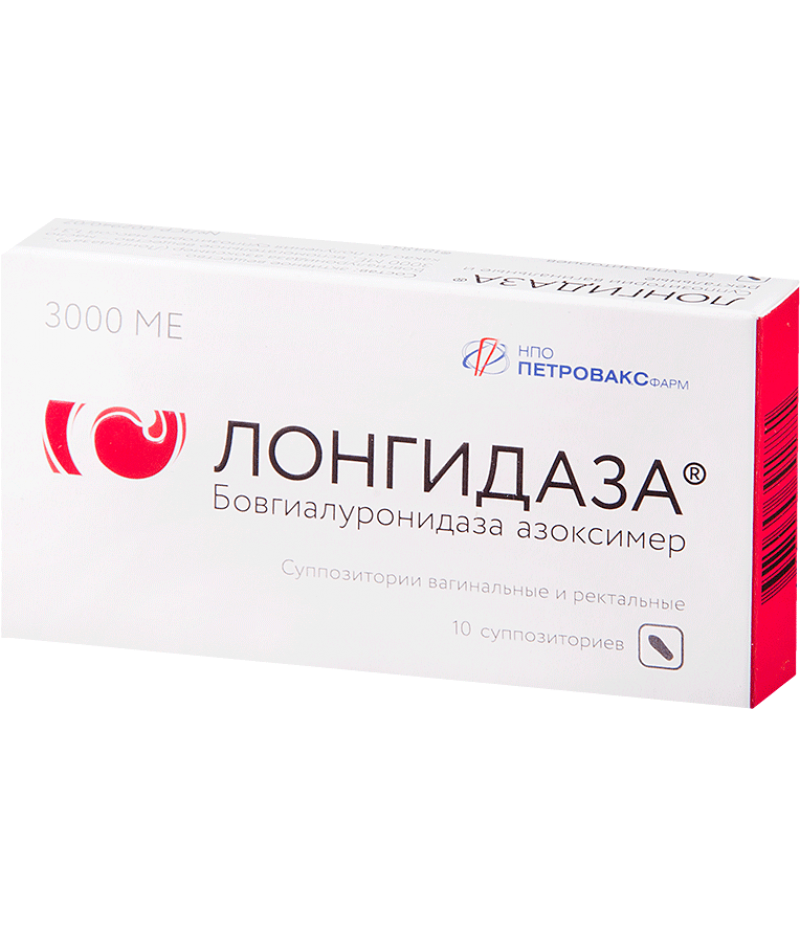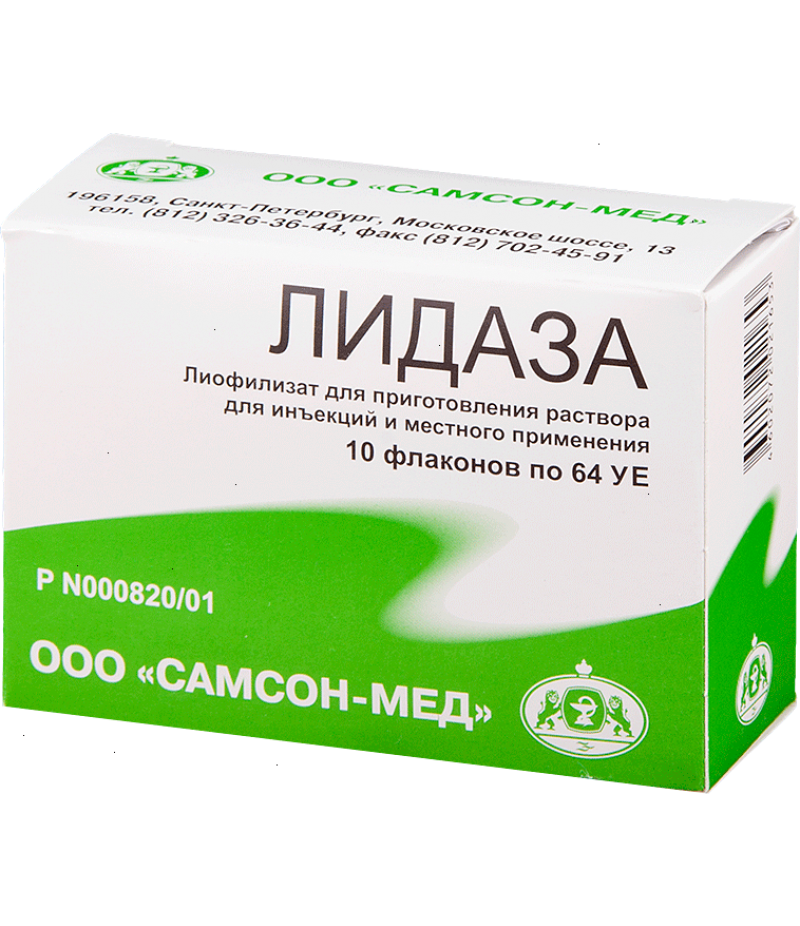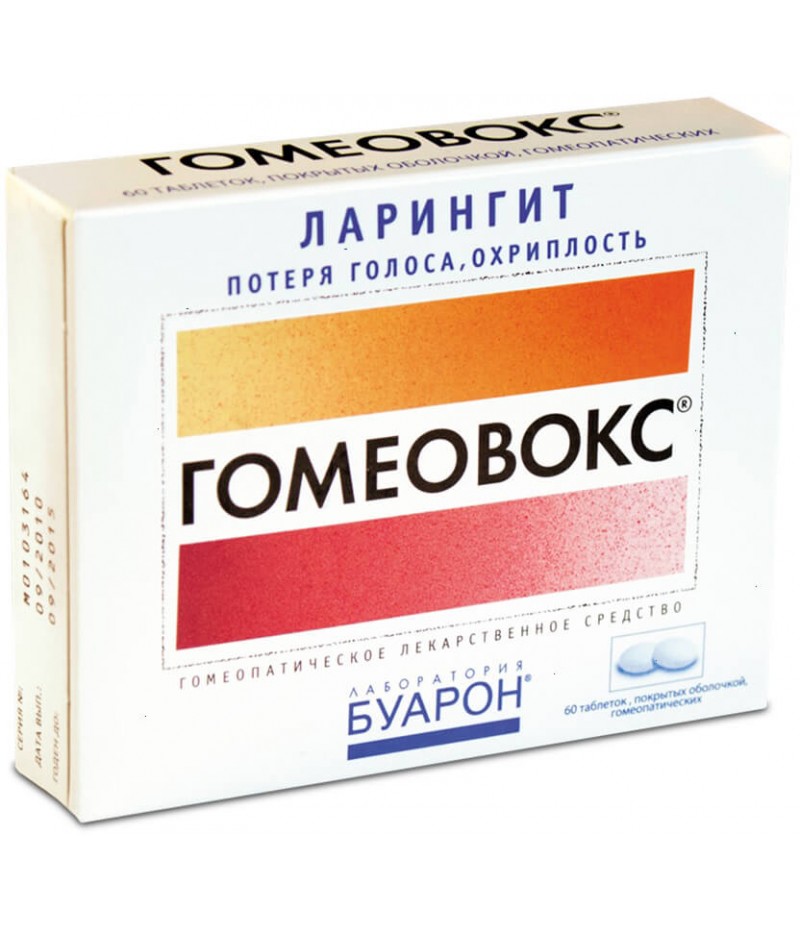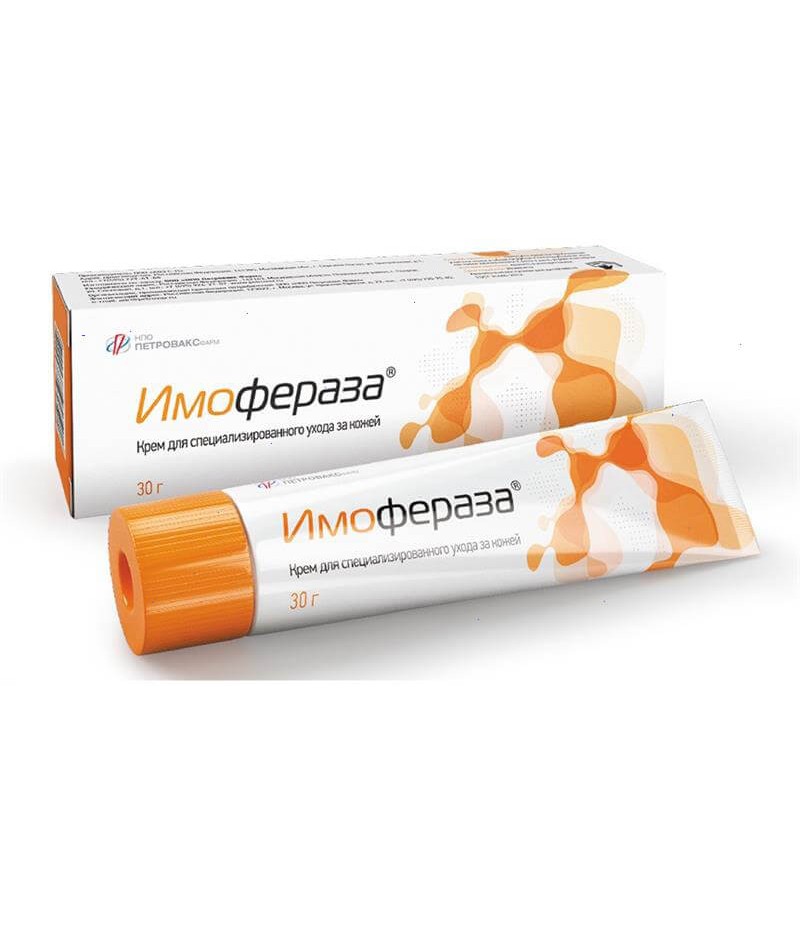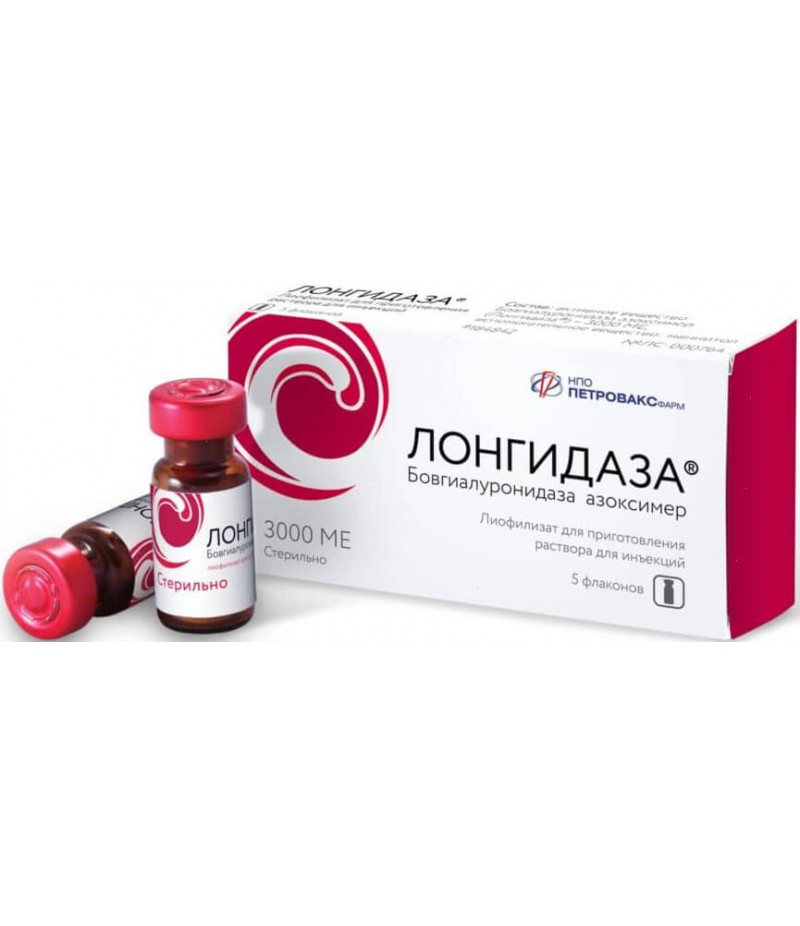Longidaza supp 3000ME #10
- $71.88
- 2 or more $69.90
- 3 or more $68.30
- Availability:In Stock
Longidaza Suppositories & Injections – Your Support Against Adhesions, Scars & Chronic Inflammation Contains hyaluronidase for breaking down scar tissue and adhesions Commonly used for pelvic inflammatory..
Longidaza Suppositories & Injections – Your Support Against Adhesions, Scars & Chronic Inflammation
- Contains hyaluronidase for breaking down scar tissue and adhesions
- Commonly used for pelvic inflammatory diseases, chronic prostatitis, and joint contractures
- Available as rectal/vaginal suppositories and injectable lyophilized powder
- May improve tissue elasticity and reduce inflammation
- Compatible with many antibiotics and local anesthetics
Longidaza is often recommended for managing connective tissue issues and fibrotic conditions. Order now for fast worldwide delivery – no prescription required.
What is Longidaza?
Longidaza is a medication containing a proteolytic enzyme called hyaluronidase. It helps break down excess connective tissue and reduce fibrosis, making it useful for treating conditions involving scar tissue, adhesions, and chronic inflammation.
Forms and Composition
Longidaza is available as:
- Suppositories for rectal or vaginal use, containing a hyaluronidase conjugate with a water-soluble carrier (polyoxidonium) and cocoa butter.
- Injection solution as a lyophilized powder in ampoules or vials (15 mg = 1500 IU or 20 mg = 3000 IU), to be dissolved before use.
How Does Longidaza Work?
Longidaza's enzyme activity helps break down glycosaminoglycans – components that cause scar tissue and adhesions. This may help:
- Reduce swelling and dissolve hematomas
- Improve tissue elasticity and joint mobility
- Support the body's natural immune response and reduce inflammation
- Prevent the formation of rough scars after surgery
- Enhance the effectiveness of some antibiotics and local anesthetics
When is Longidaza Used?
Longidaza is often recommended as part of a complex treatment plan for adults with:
- Gynecological conditions: pelvic adhesions, endometritis, infertility, intrauterine synechiae
- Urological issues: interstitial cystitis, chronic prostatitis
- Skin and connective tissue problems: keloid and hypertrophic scars, limited scleroderma
- Post-surgical care: adhesions, non-healing wounds, hypertrophic scars
- Respiratory diseases: pneumosclerosis, tuberculosis-related fibrosis
- Orthopedic conditions: arthrosis, joint contractures, ankylosing spondylitis, hematomas
Your doctor will decide whether suppositories or injections are more suitable for your condition.
How to Use Longidaza
Injections:
The powder must be dissolved in procaine solution (0.25% or 0.5%) or, if intolerant, in water for injection or saline. Injections are typically given subcutaneously near scar tissue or intramuscularly. Treatment courses include 5 to 25 injections spaced 3 to 10 days apart. A second course may be scheduled after 2–3 months if needed.
For boosting other medicines, Longidaza is injected 10–15 minutes before the main drug, dissolved in saline according to the prescribed dosage.
Suppositories:
Suppositories are inserted rectally or vaginally after bowel cleansing or before bedtime. Treatment courses vary by condition:
- Urology: 1 suppository every 48 hours, 20 suppositories per course
- Gynecology: 1 suppository every 3 days, 10 suppositories per course
- Dermatology: 1 suppository every 2–3 days, 10–15 suppositories per course
- Surgery: 1 suppository every 2–4 days, 10 suppositories per course
- Pulmonology: 1 suppository every 3–5 days, 10–20 suppositories per course
Repeat treatment courses are recommended no earlier than 3 months after the previous course.
Important Safety Information
- Do not use if allergic to hyaluronidase or any ingredients.
- Not suitable for children under 18 years.
- Avoid use during acute infections, malignancies, kidney failure, or recent bleeding episodes.
- Possible side effects include mild allergic reactions, redness, itching, or pain at the injection site, usually resolving within a few days.
- Avoid alcohol while using Longidaza to prevent unexpected side effects.
- Pregnant or breastfeeding women should consult a doctor before use; lactation may need to be stopped during treatment.
Drug Interactions
Longidaza can enhance the effect of diuretics, antibiotics, and local anesthetics but may be less effective if combined with high doses of estrogens, corticosteroids, or antihistamines. It should not be combined with phenytoin, furosemide, or benzodiazepines. Always inform your doctor about other medications you are taking.
Storage and Shelf Life
Store Longidaza in a dark, dry place at temperatures below 15°C. Keep out of reach of children. The shelf life is 2 years.
Patient Feedback
Many patients report positive results, especially in gynecological treatments like reducing adhesions and supporting fertility. Some note mild allergic reactions, but overall satisfaction with Longidaza is high when used as directed.
Order Longidaza now for reliable support in managing fibrosis, adhesions, and chronic inflammation — fast worldwide delivery and no prescription required.

